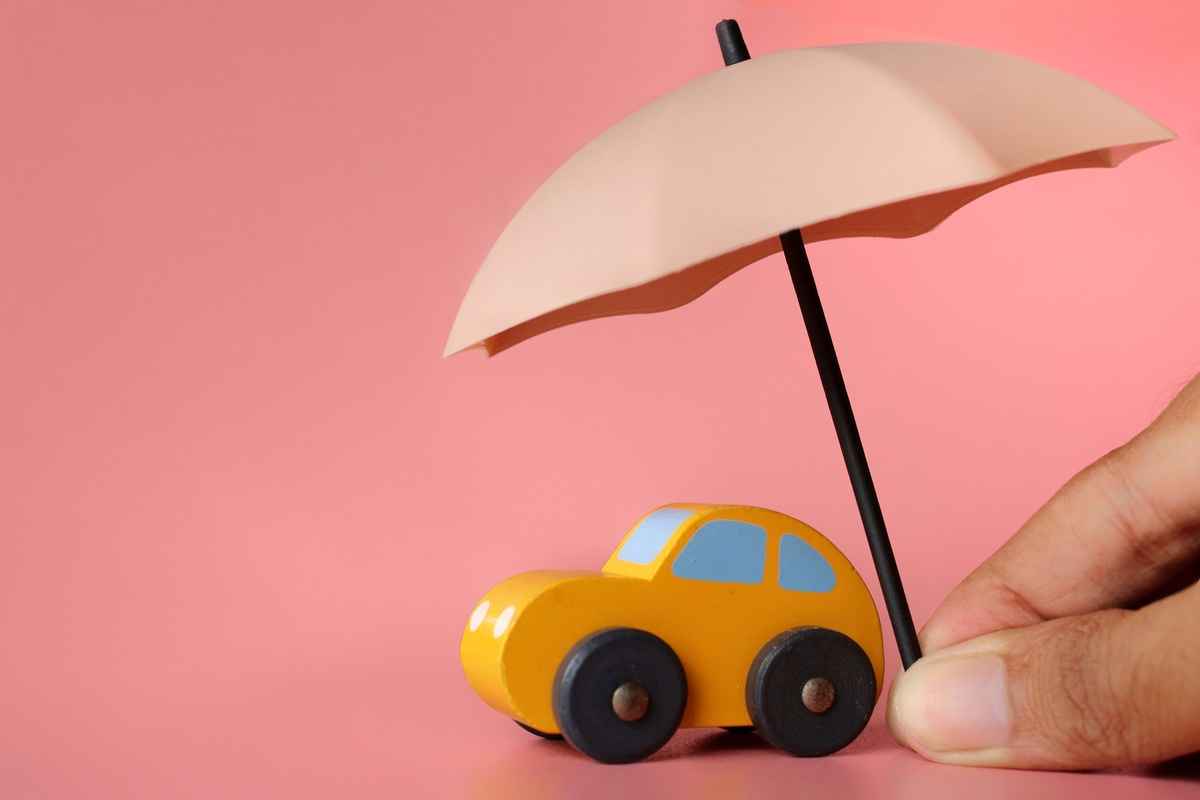For car owners—or any motor vehicle owners, actually—having insurance coverage will provide a sense of security and relief. Accidents are still a lurking danger on the street, no matter how safely we drive. This is where auto insurance comes in handy—they will cover to pay for the damage and injuries that happened in an accident. However, new car owners often find themselves wondering, what coverage do I need for auto insurance?
Table of Contents
The Importance of An Auto Insurance

Auto insurance is almost always mandatory across the country. Out of the 50 states, only the state of New Hampshire allows their drivers to forgo auto insurance. If the driver there opted not to have auto insurance, they would have to prove that their financial situation would enable them to pay for any damage they might cause in an accident. Thus, owning an auto insurance policy will still be the better option for most car owners in New Hampshire.
One of the main reasons why most US states mandate auto insurance ownership lies in the driver’s liability or responsibility. Simply put, if you caused an accident, you have to pay for the damage caused in that accident, even if you sustained injuries or damage as well.
For most people, paying for the damage—whether bodily injuries or property damage—will put them in a difficult financial situation. That’s why these coverages work both ways; it gives financial aid to the victim to treat their sustained damage and make sure the person causing the accident can fulfill their responsibilities to the victim without putting them in a financial restraint instead.
Liability vs Full Coverage

There are two types of coverage car owners can choose: liability-only and full coverage. As the name suggests, liability-only policies only cover injuries and damage to someone involved in an accident caused by the policyholder. On the other hand, a full coverage policy covers the sustained and inflicted injuries and damage to the two parties involved in the accident.
Not all the states in the US mandate ownership of an auto insurance policy. This is because auto insurance policy ownership is not mandated by federal law. Instead, it was mandated by the state governments. Consequently, the minimum or standard coverage mandated by each state will vary.
However, most of the coverage mandated by state governments only covers liability. Take New Jersey, for example. In New Jersey, auto insurance is mandatory for all drivers and car owners. Under the state’s Automobile Insurance Cost Reduction Act, all insurance companies operating in New Jersey are mandated a Basic Policy to be available to all drivers.
This Basic Policy may offer less coverage compared to Standard Auto Insurance Policy, albeit for a much more affordable price. This is the coverage comparison between Standard Auto Insurance Policy versus Basic Auto Insurance Policy in the state of New Jersey:
1. Bodily Injury Liability
- Standard : $25,000 – $250,000 per person; $50,000 – $500,000 per accident
- Basic : $10,000 coverage for all persons, per accident, is optional
2. Property Damage Liability
- Standard : $25,000 up to more than $100,000 per accident
- Basic : $5,000 per accident
3. Personal Injury Protection
- Standard : $15,000 – $250,000 per person or per accident
- Basic : $15,000 per person or per accident; up to $250,000 for certain injuries
4. Uninsured/Underinsured Motorist Coverage
- Standard : available up to amounts selected for liability coverage
- Basic : Not covered
5. Collision
- Standard : Optional
- Basic : Optional from some insurance company
6. Comprehensive
- Standard : Optional
- Basic : Optional from some insurance company
As you can see, both Standard and Basic Policy do not offer full coverage for the initial policy. This liability-only coverage is usually mandated by the state government all over the country. Most of the time, these policies are enough to cover any injuries or damage sustained in an accident.
If you are financially able to buy a policy that provides better coverage, you might as well opt for full-coverage insurance. Something to take notes of a full coverage policy does not necessarily mean the policy will cover everything. The term refers to a policy that covers liability (bodily injury and property damage), collision, and comprehensive insurance.
What Coverage Do I Need for Auto Insurance?

New car owners often find themselves wondering, “what coverage do I need for auto insurance?”. Basic or standard auto insurance is mandatory in most states, but would it really be enough in times of disaster? What if the car is stolen, damaged, or involved in a catastrophic crash that injures the driver as well as others?
The key takeaway is that the more coverage a policy has, the safer your finances are when an accident does happen. That does not necessarily mean you should always opt for the most expensive policy. It will depend on your current financial condition and the nature of your car’s ownership.
If you lease or finance the car, the car dealer or rental may ask you to acquire a full-coverage policy. Otherwise, if you own the car, you are not obliged to buy the full coverage policy—just pick the one that fits your preference or needs.
Moreover, the age of the care may also affect your decision on picking the right insurance. If you buy a new car, you might want a full-coverage policy since it will cover basically anything and everything in case an accident happens. As your car ages and its value diminishes, you may want to drop the full coverage.
However, in some cases, you may want to get full coverage insurance for an old car. Vintage and antique cars tend to have their values rise the older they get. Collectors will prefer their antique autos to always be pristine and protected, so they will get the policy that can provide maximum protection for their prized possessions.
So, back to the original question, “what coverage do I need for auto insurance?”. The answer would really depend on your situation. Ideally, you should choose a policy that is adequate for your car and financial condition.
